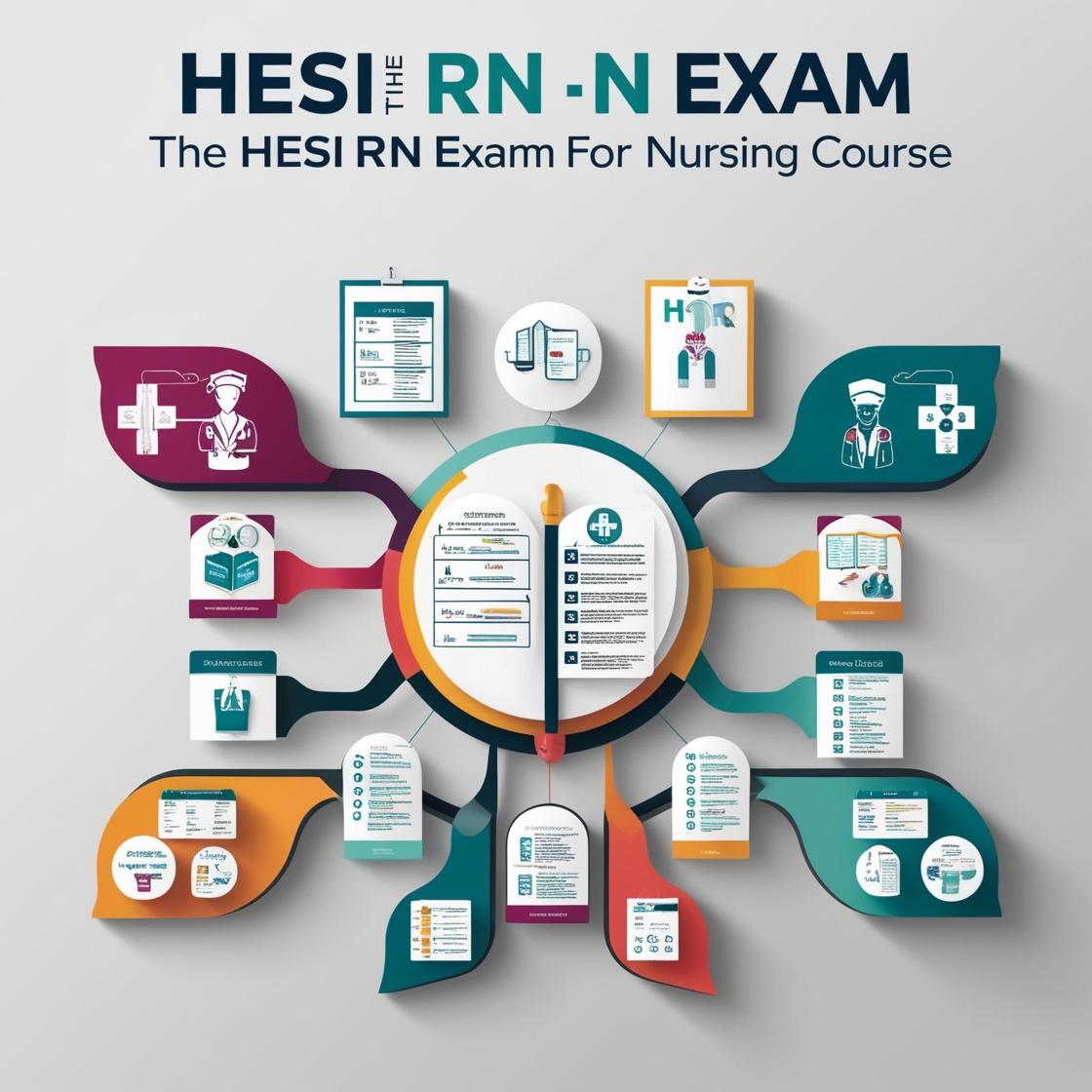HESI RN
Community Health HESI 2023 Quizlet
1. The healthcare professional is conducting a community assessment to identify health needs. Which method is most effective for gathering comprehensive data?
- A. conducting focus groups with community members
- B. reviewing local health department reports
- C. surveying healthcare providers in the area
- D. analyzing hospital admission records
Correct answer: A
Rationale: Conducting focus groups with community members is the most effective method for gathering comprehensive data during a community assessment. This approach allows direct interaction with community members, fostering in-depth discussions that provide insights into the specific health needs and concerns of the community. Choice B, reviewing local health department reports, may offer valuable data but might not capture the nuanced perspectives and experiences of community members. Choice C, surveying healthcare providers, provides insights from a professional standpoint but may not fully represent the community's diverse health needs. Choice D, analyzing hospital admission records, offers information on healthcare utilization but may overlook important social determinants of health and community-specific issues that can only be addressed through direct engagement with community members.
2. The healthcare provider is assessing a client who has returned from hemodialysis. Which finding requires immediate intervention?
- A. Weight gain of 1 pound.
- B. Dizziness.
- C. Fatigue.
- D. Muscle cramps.
Correct answer: D
Rationale: After hemodialysis, muscle cramps can indicate an electrolyte imbalance, such as low potassium or magnesium levels, which requires immediate intervention to prevent potential complications like cardiac arrhythmias. Weight gain of 1 pound, dizziness, and fatigue are common post-hemodialysis symptoms that may not necessarily require immediate intervention unless they are severe or persisting.
3. The nurse is assessing a client who complains of weight loss, racing heart rate, and difficulty sleeping. The nurse determines the client has moist skin with fine hair, prominent eyes, lid retraction, and a staring expression. These findings are consistent with which disorder?
- A. Graves' disease.
- B. Cushing's syndrome.
- C. Addison's disease.
- D. Hypothyroidism.
Correct answer: A
Rationale: The correct answer is A, Graves' disease. The symptoms described in the client are classic manifestations of hyperthyroidism, which is commonly caused by Graves' disease, an autoimmune condition affecting the thyroid. Weight loss, racing heart rate, difficulty sleeping, moist skin with fine hair, prominent eyes, lid retraction, and a staring expression are all indicative of hyperthyroidism. Choice B, Cushing's syndrome, is characterized by weight gain, hypertension, and a rounded face due to excess cortisol. Choice C, Addison's disease, presents with symptoms such as weight loss, fatigue, and hyperpigmentation due to adrenal insufficiency. Choice D, hypothyroidism, typically features symptoms opposite to those described in the client, such as weight gain, bradycardia, and dry skin.
4. Prior to implementing a community health program targeting teenage smoking, which information is most important for the nurse to obtain?
- A. greater access to any healthcare provider
- B. allowance for early discharge
- C. Prevalence and patterns of smoking among teenagers
- D. approval by the network healthcare provider
Correct answer: C
Rationale: The most important information for the nurse to obtain before implementing a community health program targeting teenage smoking is the prevalence and patterns of smoking among teenagers. Understanding this data is crucial to tailor the program to the specific needs and behaviors of the target group, ensuring it addresses the root causes effectively. Choices A, B, and D are unrelated to the specific needs of the target group and do not provide essential information for designing an effective smoking cessation program for teenagers.
5. The healthcare provider is assessing a client with a suspected pulmonary embolism. Which finding requires immediate intervention?
- A. Chest pain.
- B. Shortness of breath.
- C. Tachycardia.
- D. Cyanosis.
Correct answer: D
Rationale: Cyanosis is a late sign of hypoxemia and indicates severe oxygen deprivation, necessitating immediate intervention in a client with a suspected pulmonary embolism. Chest pain, shortness of breath, and tachycardia are also concerning symptoms in pulmonary embolism; however, cyanosis signifies critical oxygen deficiency and warrants urgent attention to prevent further complications.
Similar Questions

Access More Features
HESI RN Basic
$69.99/ 30 days
- 50,000 Questions with answers
- All HESI courses Coverage
- 30 days access @ $69.99
HESI RN Premium
$149.99/ 90 days
- 50,000 Questions with answers
- All HESI courses Coverage
- 30 days access @ $149.99
